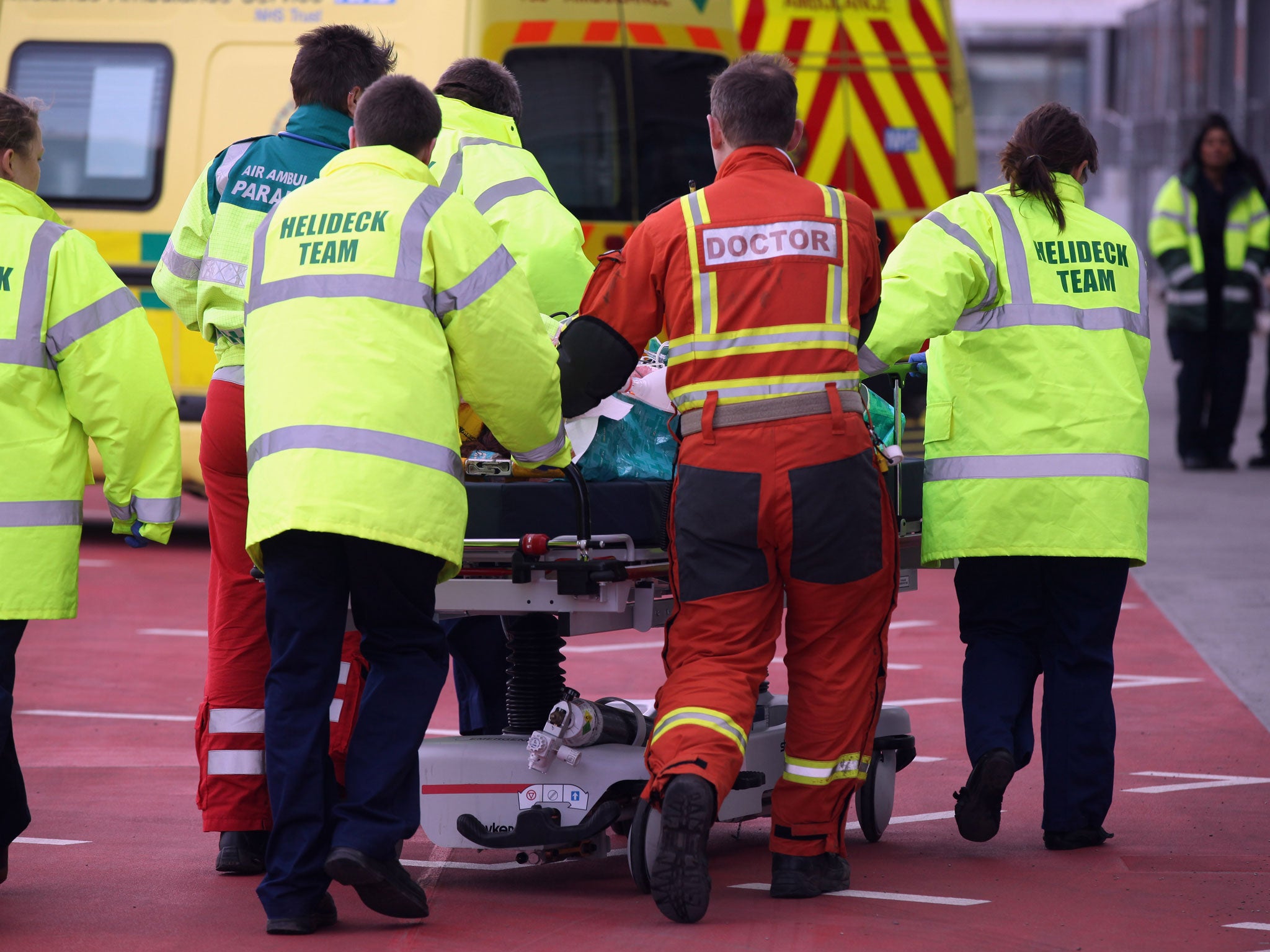No wonder A&E can't cope when GP surgeries have lost the faith of their users
We may be about to reap the consequences of neglecting care in the community

The squeals of pain from doctors and managers about the state of England’s accident and emergency service are the first clear sign that things are going wrong with the NHS. After the record injection of funds over the last decade and record low waiting lists – which persist despite the doomsayers - the dramatic improvements we have seen in health care and the state of the hospital and GP service since the beginning of the millennium are in danger of going into reverse.
Anyone who followed the extraordinary BBC series Keeping Britain Alive: The NHS In A Day – which ended this week having shown with extraordinary vividness the miracle of modern medical care – will know that there has never been a better time to be ill. The sophistication and sensitivity of the care delivered to millions is without parallel in history.
But the country’s A&E service is the canary in the mine. When it looks sickly it sends an alarm signal that the whole NHS is under threat. With an extra four million patients pouring through the doors annually in the last decade the pressure is now at danger level.
A key factor is the public loss of faith in the out-of-hours service since GPs relinquished responsibility for it under contract changes in 2004. People complain bitterly about lack of access and do not trust the commercial agencies that now provide much out of hours care – something GP leaders are reluctant to face. Result: dissatisfied patients increasingly turn to A&E.
Second, an ageing population with multiple health problems and increasingly complex needs suffer more crises because the regular care they need in the community is not there. Result: a problem that might have been dealt with simply becomes a crisis leading to admission to A&E.
Third, under new complex funding arrangements, when A&E admissions rise above a threshold set in 2008, hospitals are paid only 30 per cent of the cost with the remaining 70 per cent retained to pay for extra community services. The idea was to incentivise hospitals and health authorities to provide more care in the community to reduce pressure on A&E. But it has had the reverse effect – GPs quickly grasped that once the threshold was breached it cost only 30 per cent of the full rate to pack another patient off to hospital. Result: yet more pressure on A&E.
We have known for decades that medical care was skewed towards hospitals and neglected in the community. Now we may be about to reap the consequences. Jeremy Hunt, the health secretary, must turn back the tide in A&E before it overwhelms the NHS. Addressing GPs’ responsibilities and the perverse funding arrangement would be a start.
Join our commenting forum
Join thought-provoking conversations, follow other Independent readers and see their replies
Comments
Bookmark popover
Removed from bookmarks